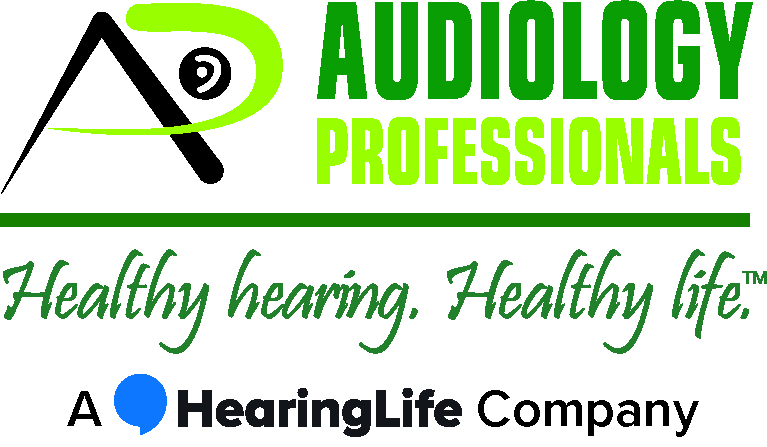A substance that is poisonous to the ear, specifically the auditory nerve or cochlear nerve, is called ototoxic. In some cases, an ototoxic substance can also impact the vestibular system. Ototoxicity is the result of ototoxic substances.
A number of prescription medications are ototoxic. These medications can cause symptoms of hearing loss or tinnitus (ringing in the ears) in some patients. Hearing loss caused by an ototoxic substance is known as ototoxic hearing loss.
By understanding the medications that could cause ototoxic hearing loss, you can work with your primary care physician to keep an eye on your hearing, and identify any changes as soon as possible.
What are the Symptoms of Ototoxic Hearing Loss?
Symptoms of ototoxic hearing loss can include:
- Loss of hearing
- Ringing or buzzing in the ears – known as Tinnitus
- Vertigo or a loss of balance
- Ototoxic hearing loss will usually first occur in the high frequencies – frequencies that are not important for language and / or speech. However, when left undetected, the hearing loss can worsen.
Which Medications Are Ototoxic?
There are a number of medications that are known to potentially be ototoxic. It’s estimated that there are over 450 prescription and over the counter medications that can cause ototoxicity.
Some of the more common medications that can cause ototoxic hearing loss are used to treat cancer, heart disease or infections. The level of ototoxicity can depend, and can be impacted by how long you have been taking the medications, what dosage you are prescribed, and other drug interactions.
Common ototoxic medications include:
- Aspirin
- Nonsteroidal anti-inflammatory drugs (NSAIDS), including ibuprofen
- Some Antibiotics
- Some chemotherapy medications
- Some cardiac medications
- Certain diuretics
For a more complete list of ototoxic medications, click here.
How Can You Prevent Ototoxic Hearing Loss?
If you are going to be taking potentially ototoxic medications, it’s advisable to have a hearing assessment prior to beginning the medication. Given that ototoxic hearing loss often first manifests in higher frequencies, it can be difficult to detect without a hearing assessment.
As you continue your course of medication, make sure you stay on top of regular hearing checks. In most cases, ototoxic hearing loss is not permanent, but it’s important to monitor your hearing.
Need Help? Contact Us Today!
If you’d like to speak to one of our hearing care experts, contact Audiology Professionals today. Our team would be happy to help. Call us today on (541) 228-9233. Alternatively, click here to contact us online.
